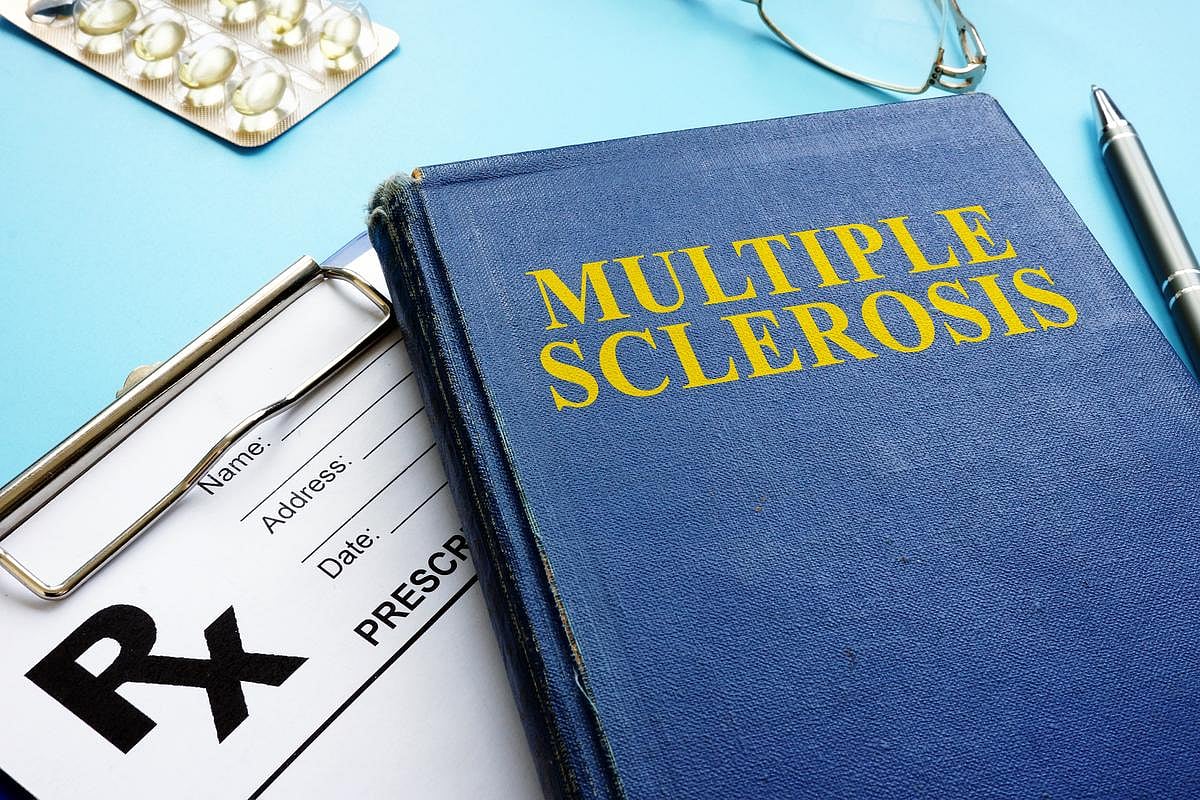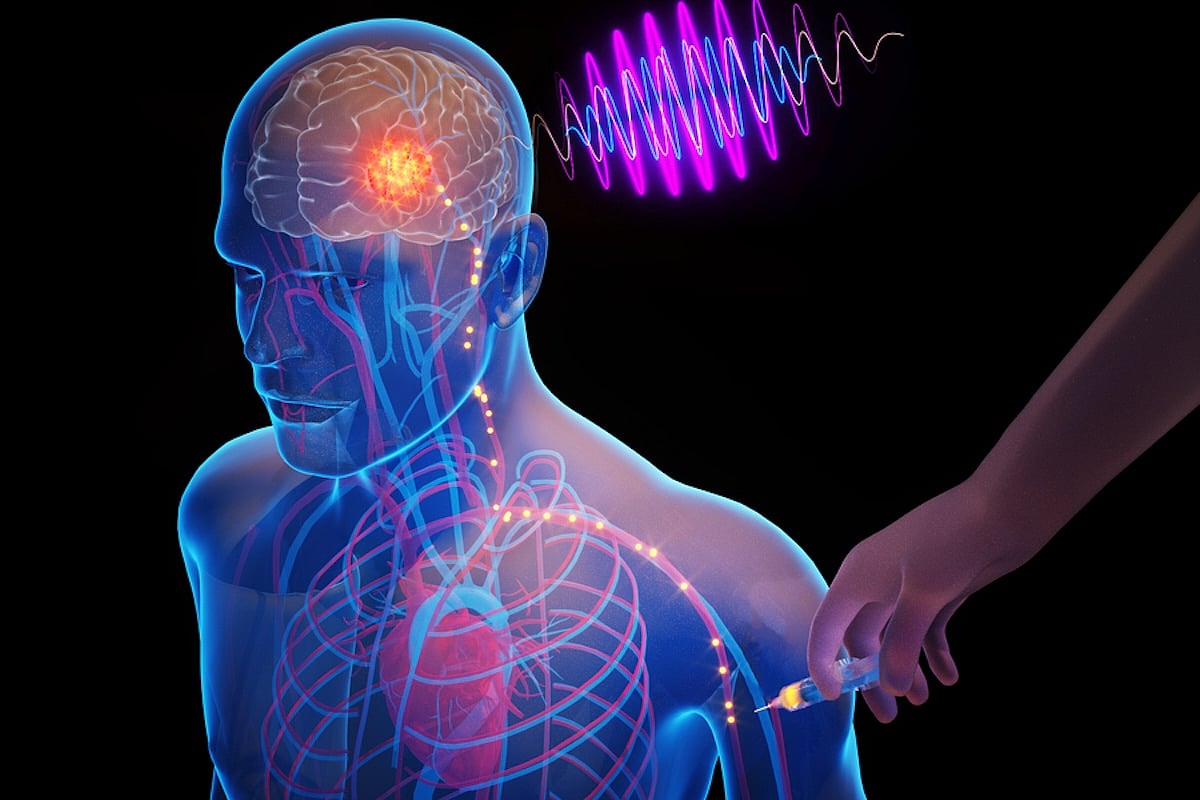
A common diabetes drug could be sabotaging the health benefits that a patient might expect from a daily walk, a new study says. Metformin appears to blunt improvements in blood pressure, fitness and blood sugar control that normally come from regular exercise, researchers report in The Journal of Clinical Endocrinology & Metabolism. This complicates current… read on > read on >






























